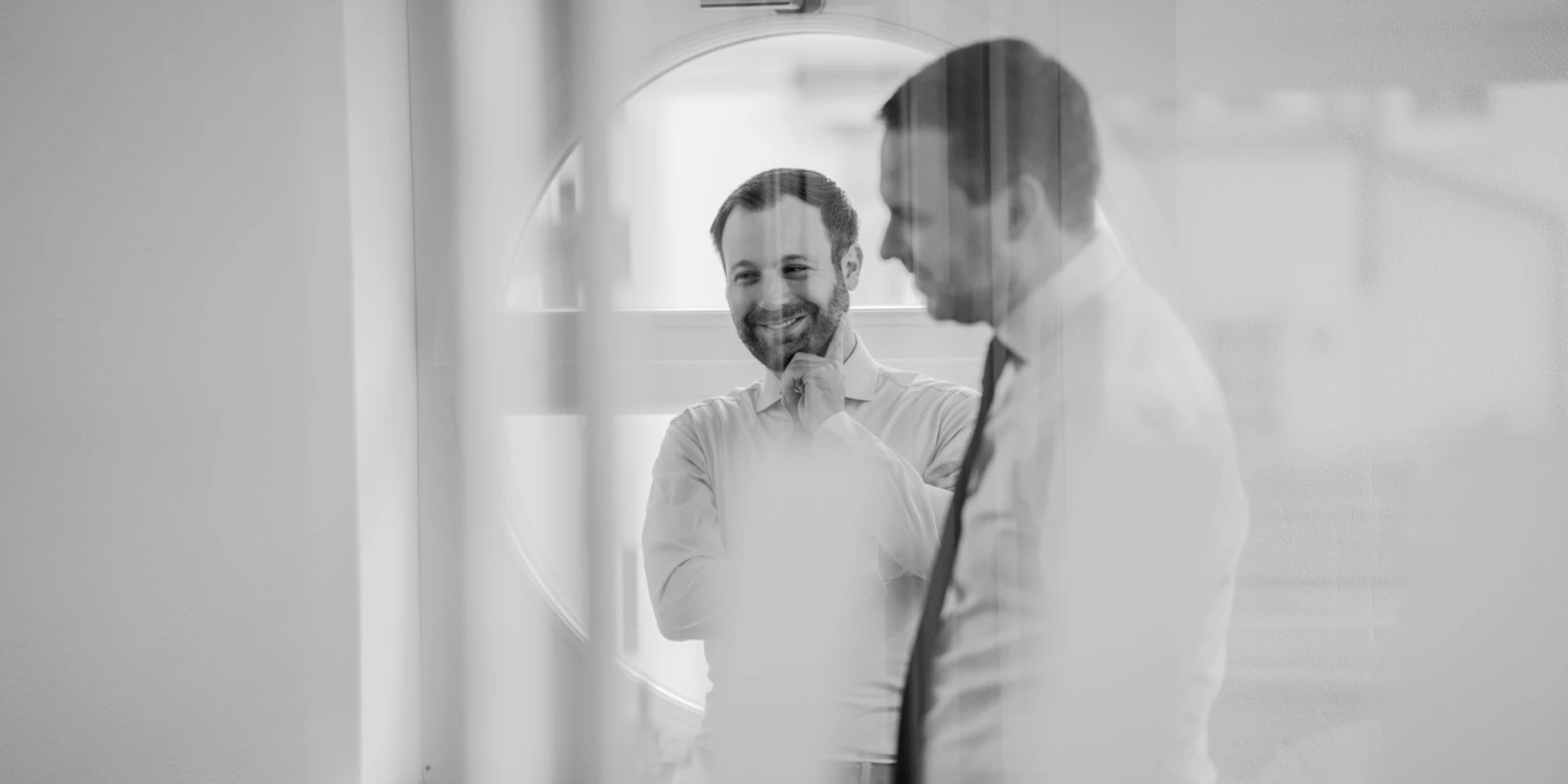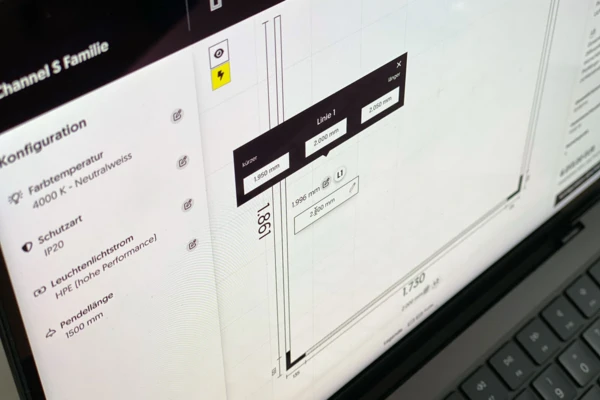

Digital consulting for manufacturing SMEs & mechanical engineering
Between manufacturing and digital change. Medium-sized manufacturing companies in the mechanical engineering sector are on the threshold of a new era. Traditional manufacturing processes and excellent quality meet the potential of digital innovations. The key challenge is to combine proven expertise with modern, customer-oriented digital approaches.
Between manufacturing and digital change
Traditional manufacturing, characterized by craftsmanship and proven processes, meets the challenges of the digital era. While the focus is on production and quality control, direct customer contact is increasingly becoming a strategic necessity. A lack of digital interfaces and integrated systems hinders the flow of information between production areas and the information needs of customers.
Challenges in the manufacturing SME sector
Outdated sales processes:
Traditional sales channels slow down direct customer contact. Digital channels are insufficiently used.
Traditional sales channels slow down direct customer contact. Digital channels are insufficiently used.
Lack of digital service offerings:
Analog service processes slow down customer support. Digital service offerings are often missing in post-sales.
Analog service processes slow down customer support. Digital service offerings are often missing in post-sales.
One-sided product orientation:
Pure product thinking hinders the transition to service-oriented business models. Value-oriented offers are neglected.
Pure product thinking hinders the transition to service-oriented business models. Value-oriented offers are neglected.
Insufficient use of customer data:
Important company data remains unused. A lack of analysis prevents precise decision-making.
Important company data remains unused. A lack of analysis prevents precise decision-making.
Weak digital brand presence:
companies appear invisible online. Lack of positioning reduces international perception.
companies appear invisible online. Lack of positioning reduces international perception.
Pressure to innovate due to technological change:
Rapid technological advances require constant adaptation. Pressure to innovate leads to uncertainty.
Rapid technological advances require constant adaptation. Pressure to innovate leads to uncertainty.
Global competitive and cost pressure:
Price wars and international competition are eroding profit margins.
Price wars and international competition are eroding profit margins.
Digitization of
Marketing and sales
Hidden champions in the manufacturing SME sector often have traditional sales channels and a limited online presence. Many of these companies have historically grown through trade fairs, personal contacts and analog processes. However, in today's digital economy, B2B customers also expect seamless digital interactions - from the initial information to the final purchase. The challenge is to modernize marketing and sales with digital tools such as websites, social media, CRM systems or e-commerce platforms in order to tap into new markets and remain competitive.
We design digital processes
Digital processes and the targeted use of technologies are the basis for digital transformation and the development of digital business models.
As a qualified mechanical engineer, I have never lost my enthusiasm. That is why I am convinced of the symbiosis of in-depth process knowledge and digital expertise.
Digital service and after-sales concepts
German mechanical engineering is known for its quality and reliability, but customers increasingly expect excellent digital service. After the sale, they want quick help with problems, uncomplicated spare parts orders and proactive maintenance. Another challenge is to secure the lucrative spare parts business in a targeted manner and not lose it to third-party providers. The task is to transform traditional service processes into digital offerings - for example through online service portals, remote support or IoT-supported condition monitoring. This can minimize downtimes and significantly increase customer satisfaction during the usage phase.
Digital products & product experiences
Data-driven product development transforms product portfolios and customer interactions into a holistic and digital customer experience.
Optimization of product and customer experiences
Product development tailored to analyzed customer needs
Digital products & services
based on data
based on data
Positioning and clear product communication
Strategic pricing & introduction of new pricing models
Sustainable sales strategies with customer proximity instead of cold calling
Servitization and new business models
More and more manufacturing SMEs are supplementing their product portfolio with services or developing "product-as-a-service" models. This servitization - the transition from pure product provider to solution provider - presents hidden champions with strategic and technical challenges. The aim is to build services around the product, such as maintenance contracts, training or digital platforms for performance monitoring. To do this, companies need to adapt internal structures and develop new skills in order to generate recurring revenue and set themselves apart from the competition.
Digital business models from Morgen.
The digital transformation of the business model enables organic growth and the sustainable safeguarding of SMEs.
Medium-sized companies that trust us.
150+
Projects
19
Experts
20+
Years of experience





